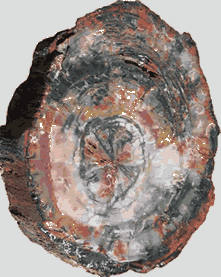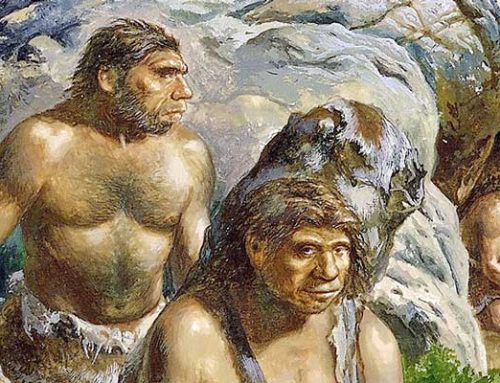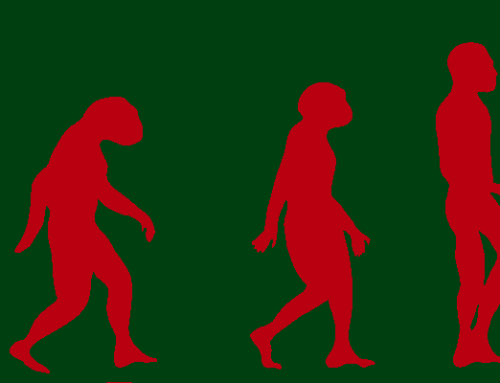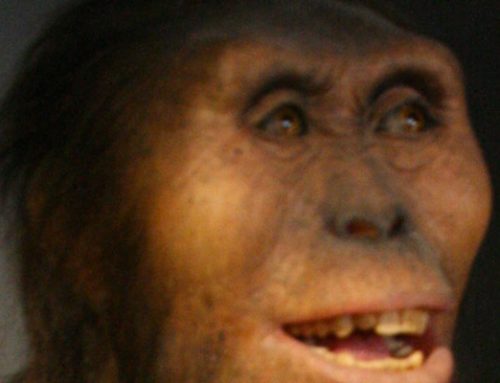Archaeology – The Science of History
Archaeologists are scientists who study history. Writing did not exist for more than 99% of human history, so archaeologists look for clues in the environment. Archaeologists often study fossils. Fossils are the remains of prehistoric plants or animals that somehow managed to be preserved for thousands of years. Fossils are very rare because the remains of living things almost always deteriorate over time.
Occasionally, archaeologists will discover a fossil that has been petrified. Petrifaction is the process by which organic material is converted into stone. Petrifaction occurs when rivers and streams carry dissolved minerals to the porous parts of bones, shells or wood. The minerals eventually crystallize and settle, filling the pores.
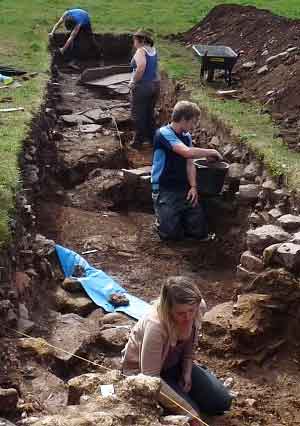
Archaeologists are like police detectives. They search for clues left behind by people, animals, and things. Archaeologists use those clues to make educated guesses about the past. What we know about prehistory changes over time as archaeologists uncover new clues. We don’t know what archaeologists will discover in the future, but if the past is any guide, what we think we know about prehistory will change as we learn more about the past.
Resources
Download this lesson as Microsoft Word file or as an Adobe Acrobat file.
Listen as Mr. Dowling reads this lesson.
Mr. Donn has an excellent website that includes a section on Prehistory.
